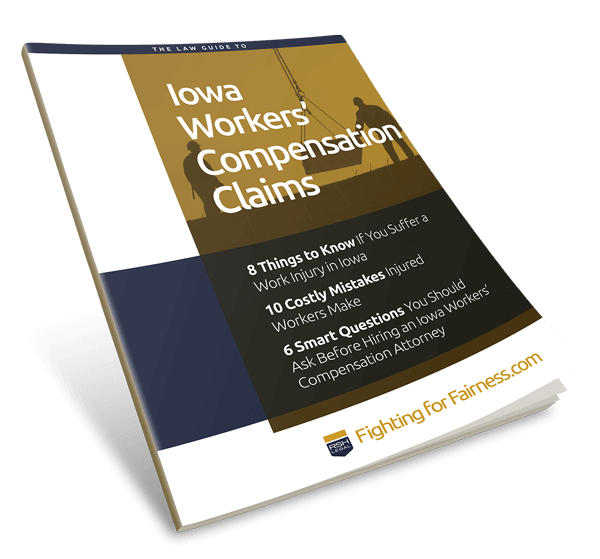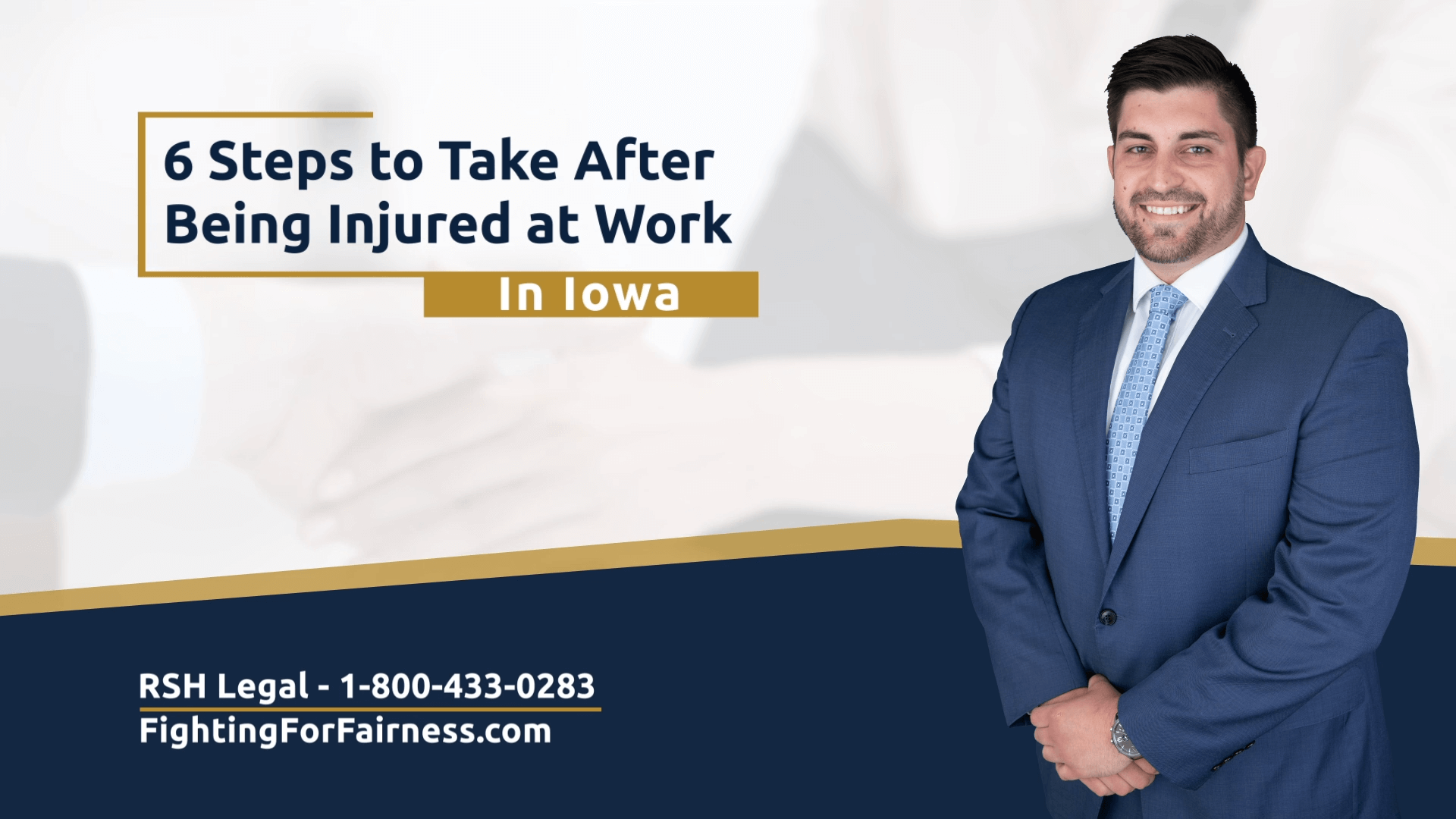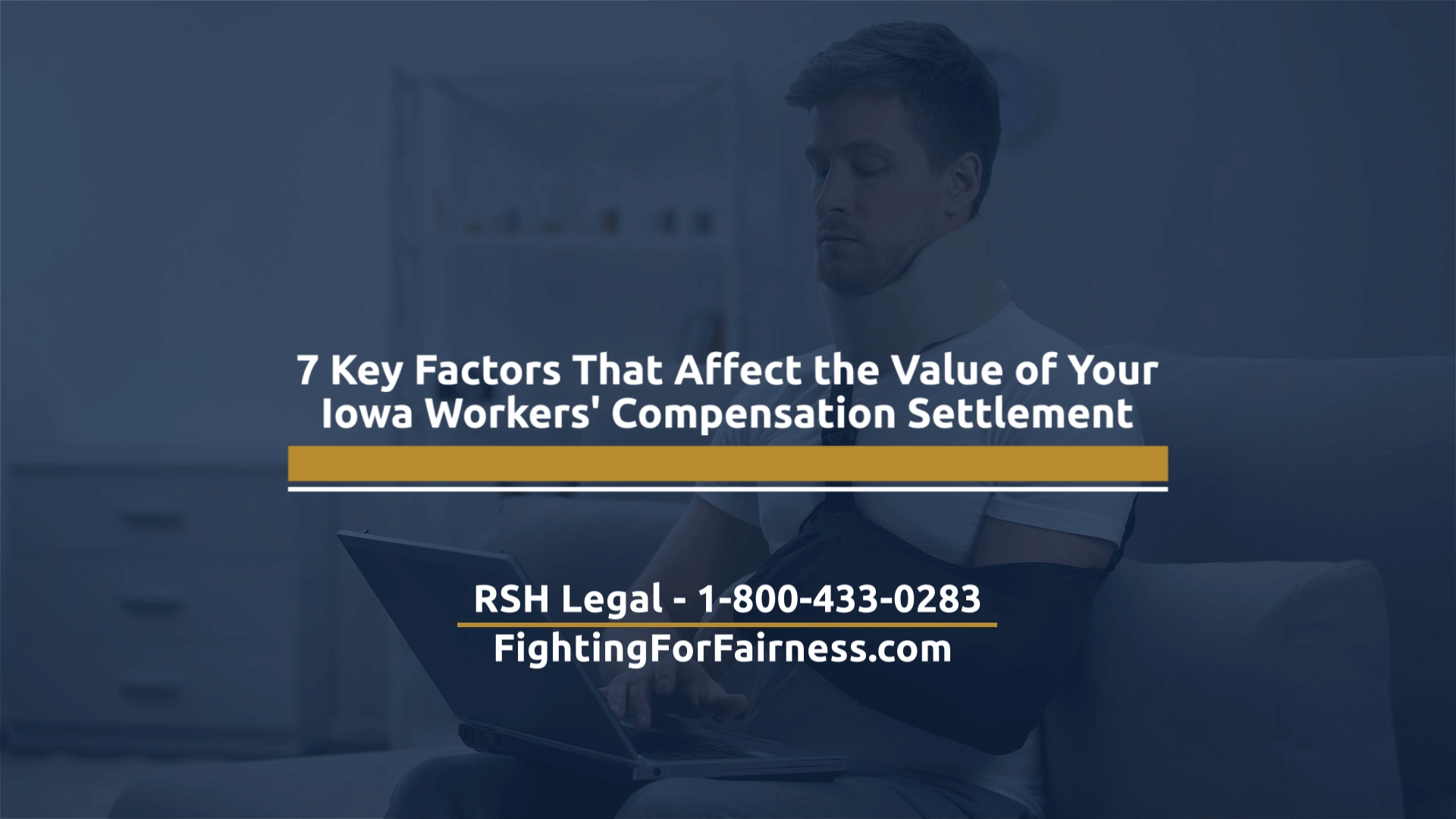Have you been fired after a work injury in Iowa because of that injury? In most cases, your next step should be to launch a well-documented job search.
If you are terminated from your job because of a work injury, you will need to replace your income. Most injured workers cannot rely on workers’ compensation benefits alone as a regular and consistent source of income for you and your family. The benefits you receive may be very limited depending on when and where you were injured. If you are able to work, that is a better choice than relying on workers’ compensation benefits.
Legally, there are consequences for your workers’ compensation claim if you do not apply for work after a termination. If you injure certain parts of your body, the judge has to determine what the injury has done to your ability to work. It is up to you to prove that your work injury prevents you from doing some or all of the work you used to be able to perform. The fewer jobs you can do, the more you are owed in permanent disability benefits.
Iowa Workers Fired After an Injury Need to Launch a Job Search
If you are fired after a work injury, one of the factors used to determine how much you are owed is your “motivation” to return to work. Iowa law says that injured workers who voluntarily leave the workforce simply because they choose not to work are not entitled to permanent disability workers’ compensation benefits. Rather, permanent disability benefits are owed to those who want to work, but are now limited in what they can do because of their work injury. That is why it is so important to gather evidence of your motivation to return to work.
For example, if you are offered the chance to go back to your old job, in most circumstances that is a good idea. If you aren’t offered that chance, then you need to launch a job search that is well-documented. The insurance company or judge is not going to take your word for it that you applied for work—they want to see proof. Print off the job ads you applied for, your cover letters, and your applications so we can provide that evidence to the insurance company, or ultimately a judge if your case cannot be settled.
There are other resources you can use in order to get back to work outside of a job search. If you are no longer able to return to your old career, the State of Iowa offers a vocational rehabilitation program. This program can help you embark on a new career and participation can serve as evidence of your “motivation” to return to work.
Documenting Your Work Search After a Work Injury Helps Prove Your Case
The “motivation” factor seems to be more and more important to the judges who hear these work comp cases. As I say to my clients about their job search, “the proof is in the pudding.” You can argue all you want that you are not employable. The insurance company can argue all it wants that you are. But if you’ve applied for a lot of jobs, and documented it, and you still aren’t working, that is solid evidence that your work injury has impacted your ability to earn.
We understand that job hunting isn’t fun. You may get a lot of rejections, and that never feels good. But if you are fired after a work injury in Iowa, performing an aggressive and well-documented job search can literally mean the difference in hundreds of thousands of dollars.
How Can An Experienced Iowa Workers’ Compensation Attorney Help You?
A knowledgeable work comp lawyer will provide clients the tools they need to launch a job search and adequately document that job search. They will also steer you in the direction of vocational rehabilitation services.
If you were fired after a work injury and you have questions about what to do next, please contact us today at 1-319-774-1542 for a free consultation.
RSH Legal. Fighting for Fairness for Iowa’s injured workers.




